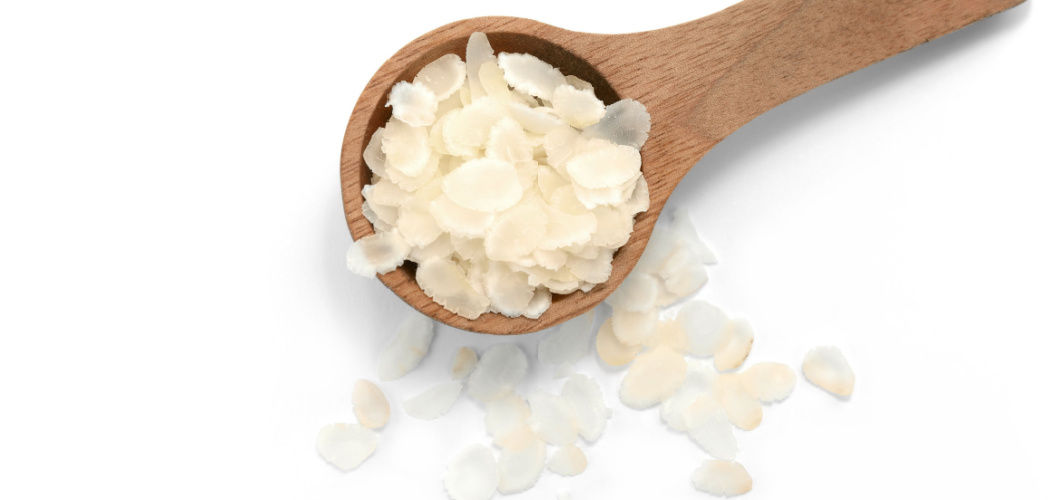Diabetes Management
Is Poha a Better Alternate than Rice?
2 min read
By Apollo 24|7, Published on - 28 November 2023, Updated on - 07 August 2024
Share this article
0
0 like

Poha or flattened rice is often considered a better alternative to plain white rice for individuals with diabetes. Here's why:

1. Lower Glycemic Index (GI)
The glycemic index of poha ranges from 38-64, making its GI score lesser than other types of rice. The starch granules of poha are less refined than those found in white or brown, hence it is less likely to cause sugar spikes.
2. Rich in Fibre
Poha retains the outer bran layer of rice, which is a good source of dietary fibre. Fibre is essential for slowing down the digestion and absorption of carbohydrates, preventing rapid spikes in blood sugar. A diet high in fibre is associated with improved blood sugar control and overall better health.
3. Nutrient Content
Poha retains more nutrients compared to white rice because it undergoes minimal processing. It contains vitamins, minerals, and antioxidants that contribute to overall health. The presence of these nutrients can make it a more nutritious choice for individuals with diabetes.
4. Lighter and Easily Digestible
Poha is lighter and easier to digest than some varieties of rice. Its preparation involves soaking and minimal cooking, making it suitable for those who may have digestive concerns or prefer a lighter meal.
5. Versatility in Preparation
Poha is versatile and can be prepared with various vegetables, adding nutritional value to the dish. Including vegetables in the preparation further enhances the fibre and nutrient content, contributing to a more balanced and diabetes-friendly meal.
Considerations
While Poha can be a better alternative to white rice for individuals with diabetes, portion control and overall dietary balance remain essential. It's crucial to be mindful of the quantity consumed and to pair Poha with a variety of vegetables, proteins, and healthy fats for a well-rounded meal.
Individual responses to different foods can vary, so it's advisable for individuals with diabetes to monitor their blood sugar levels after consuming Poha and other foods to understand how their body responds.
Diabetes Management
Consult Top Diabetologists
View AllLeave Comment
Recommended for you

Diabetes Management
How Effective Are Diabetes Reversal Programmes?
Diabetes reversal is now seen as achievable through significant lifestyle changes and weight loss. The key lies in initiating the change at the right time and maintaining it. Consider enrolling in comprehensive programmes like Apollo Super6 to help manage your diabetes better. It's never too late to start your journey towards a healthier lifestyle.

Diabetes Management
Can Diabetes Cause Digestive Issues?
Diabetes affects the digestive system, causing gastroparesis, diabetic neuropathy, and potential links to IBS and GERD. Nerve and gut motility effects worsen these problems. Collaborating with healthcare professionals for comprehensive care plans, including diet and blood sugar management, is vital for mitigating these issues.
.jpg?tr=q-80)
Diabetes Management
Superfoods to Prevent Diabetes in Prediabetics
In the fight against diabetes, every bite matters. Prediabetes isn't a life sentence but a wake-up call to tweak your lifestyle. Fill your plate with superfoods like leafy greens, berries, nuts, seeds, and whole grains that help keep blood sugar levels in check. Remember, portion control and consistency in physical activity are just as vital. Seek personalised advice for your dietary plan – your path to better health could be just a consultation away with Apollo's Super 6 programme.
Subscribe
Sign up for our free Health Library Daily Newsletter
Get doctor-approved health tips, news, and more.
Visual Stories

8 Fruits That are Incredibly Healthy for Diabetes
Tap to continue exploring
Recommended for you

Diabetes Management
How Effective Are Diabetes Reversal Programmes?
Diabetes reversal is now seen as achievable through significant lifestyle changes and weight loss. The key lies in initiating the change at the right time and maintaining it. Consider enrolling in comprehensive programmes like Apollo Super6 to help manage your diabetes better. It's never too late to start your journey towards a healthier lifestyle.

Diabetes Management
Can Diabetes Cause Digestive Issues?
Diabetes affects the digestive system, causing gastroparesis, diabetic neuropathy, and potential links to IBS and GERD. Nerve and gut motility effects worsen these problems. Collaborating with healthcare professionals for comprehensive care plans, including diet and blood sugar management, is vital for mitigating these issues.
.jpg?tr=q-80)
Diabetes Management
Superfoods to Prevent Diabetes in Prediabetics
In the fight against diabetes, every bite matters. Prediabetes isn't a life sentence but a wake-up call to tweak your lifestyle. Fill your plate with superfoods like leafy greens, berries, nuts, seeds, and whole grains that help keep blood sugar levels in check. Remember, portion control and consistency in physical activity are just as vital. Seek personalised advice for your dietary plan – your path to better health could be just a consultation away with Apollo's Super 6 programme.


